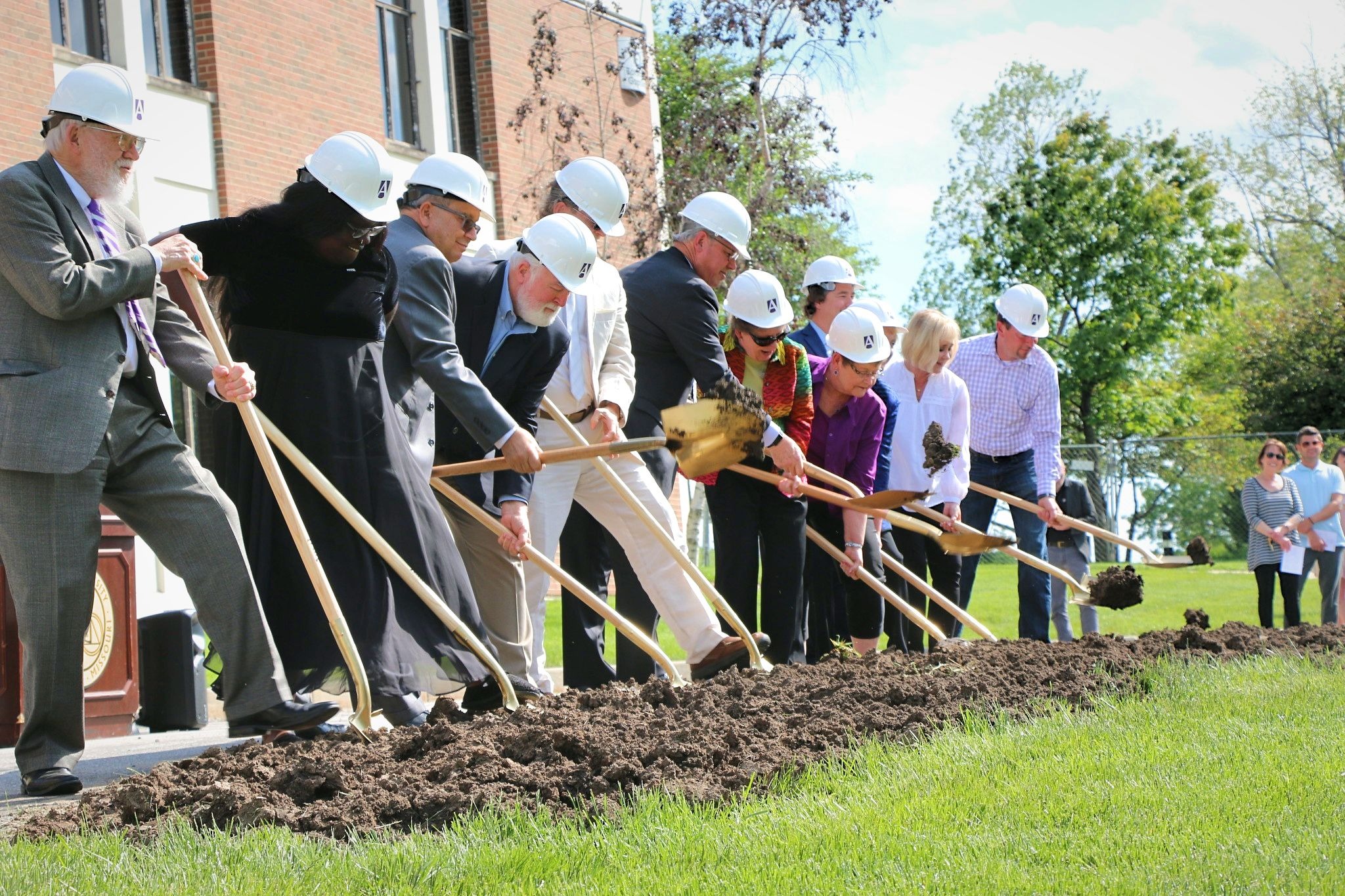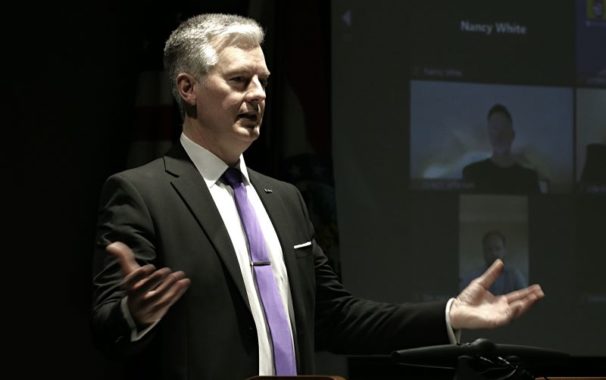New to Kansas City and — as the incoming and 15th president of Avila University — I took note of worrisome news that state universities in Kansas may soon be slashing programs, including those in the humanities. Immediately I thought of Stephen Foster.
In my first job interview as a business major fresh out of college many years ago, I sat with the company president, applying for a sales position with a medical equipment manufacturer. After asking a few odd questions, he then asked, “Who was Stephen Foster?” Even then a history buff, and for some reason remembering “I dream of Jeannie,” I scratched my head and responded, “The 19th-century composer?” When he smiled and affirmed my answer, I asked, “Why on Earth would you ask a question like that? Doesn’t this position sell medical equipment?” He responded, “Yes, it does. But you knowing who Stephen Foster matters. Because I don’t want a dummy selling my products.”
A good salesperson requires skills that are more than technical in nature. Sales require good communication and relationship-building skills. Having dinner with a prospective client means talking politics, history, music, and more. This was, I suppose, the point of that odd but memorable interaction some three decades past — but the point is perhaps more relevant today than it was then.
In an age of growing economic inequality, student debt, and costs associated with attending college, Americans have increasingly questioned the value of a college degree — and especially of the liberal arts and humanities. Since 2012, American colleges have experienced a 25% drop in the number of students studying in the liberal arts and humanities, with trends accelerating over the past two years. Cost-cutting measures driven by the financial challenges of COVID-19 led many small colleges and universities to cut back or eliminate programs in the liberal arts.
Much of this is driven by student choice in the face of rising debt and rising college costs. As students increasingly relate professional degrees with better-paying jobs, majors in professional programs have seen significant increases in enrollment, while the humanities have experienced dramatic declines. A recent survey by The Mahurin Group and ADV Market Research & Consulting of Avila University’s current and prospective students suggests why: Among the attributes students rank highest when considering Avila, “Graduates get good jobs in their field” ranks at the top. These choices, and resulting economic pressures, are leading colleges and universities to make programmatic decisions that may undermine the feature of American higher education — and may hurt what makes it so distinctive: its rootedness in the liberal arts and humanities.
The fault is largely our own, for failing to help students understand the value of a liberal arts education. Nursing knows this, as accreditors have begun pushing students into four-year bachelor’s degree programs. Why? Because a well-rounded nurse with a bachelor’s degree produces better patient outcomes than one without. Similarly, companies seeking engineers prefer graduates with strong soft skills — the kind of skills honed not in technical courses, but in the liberal arts and humanities. So if students aren’t connecting the dots between liberal arts education and a good job, we are to blame.
So too are policymakers. Federal policy has focused on the costs of college and student debt. Current debate focuses on forgiving the nearly $2 trillion in debt carried by college graduates. Many states, including Missouri, have focused instead on making community and technical college free for qualified students. But addressing cost doesn’t do anything to stem the ongoing reshaping of American higher education characterized by the decline of the very programs that make our institutions so globally exceptional.
Around the world, an American college degree is still considered the gold standard. Many still recognize the need, in a time of technological advance and change, of a college education rooted in critical thinking, adaptability, and a love for lifelong learning. Let’s hope that our own policymakers will recognize as much — before we lose the very thing that makes an American college degree so very special.
— Published June 2, 2022, in the Kansas City Star Opinion section

